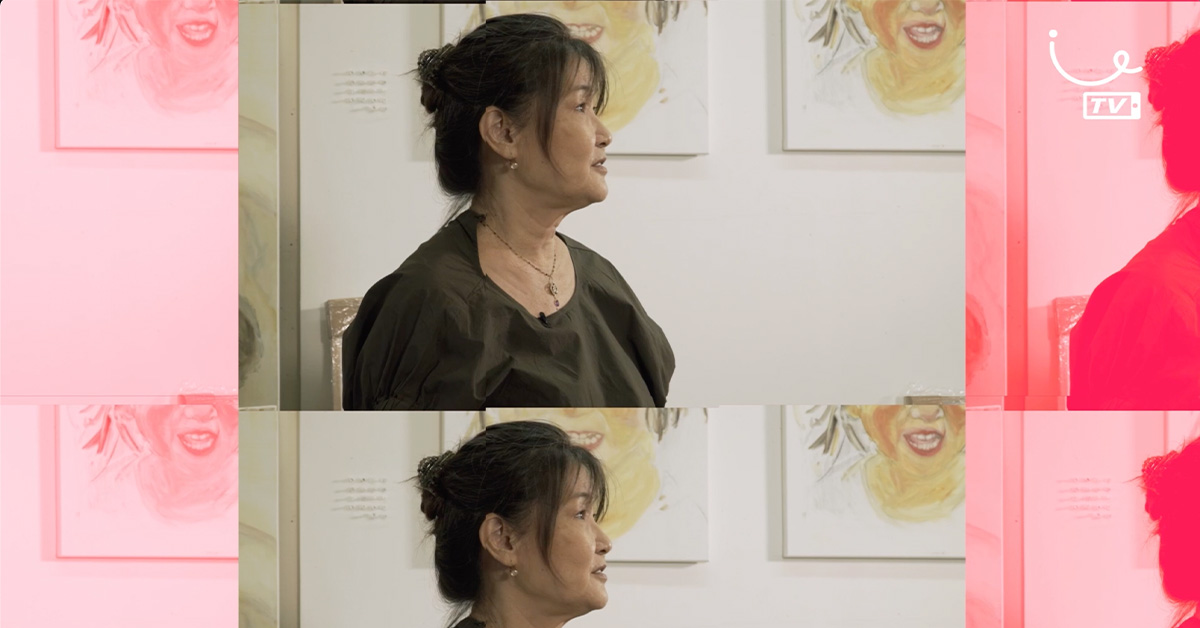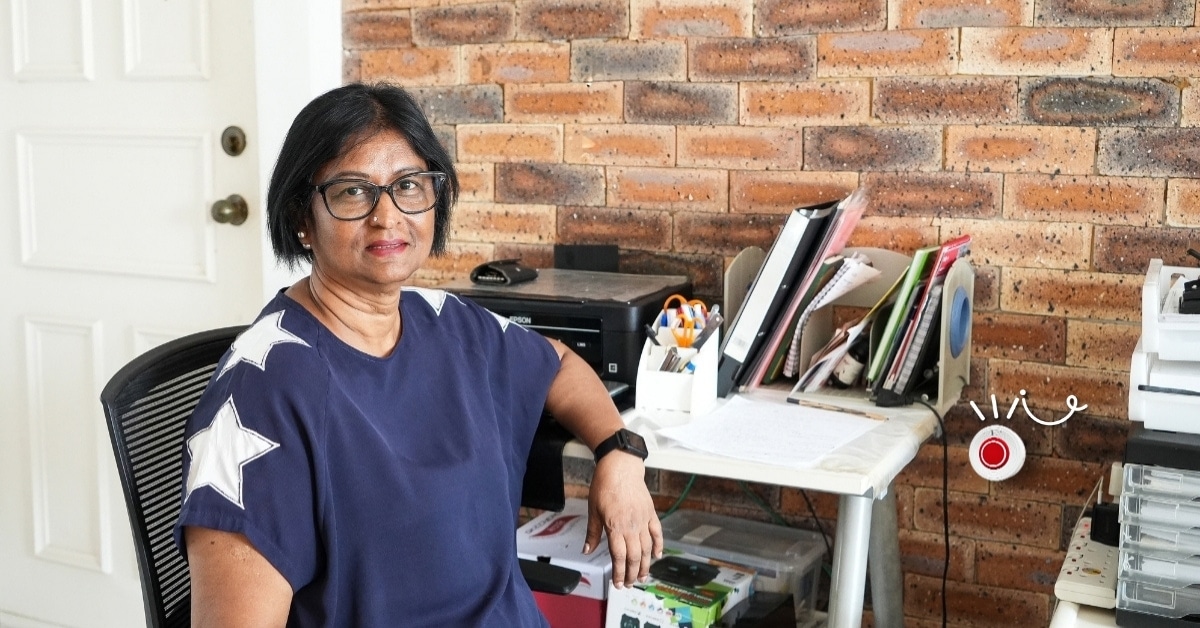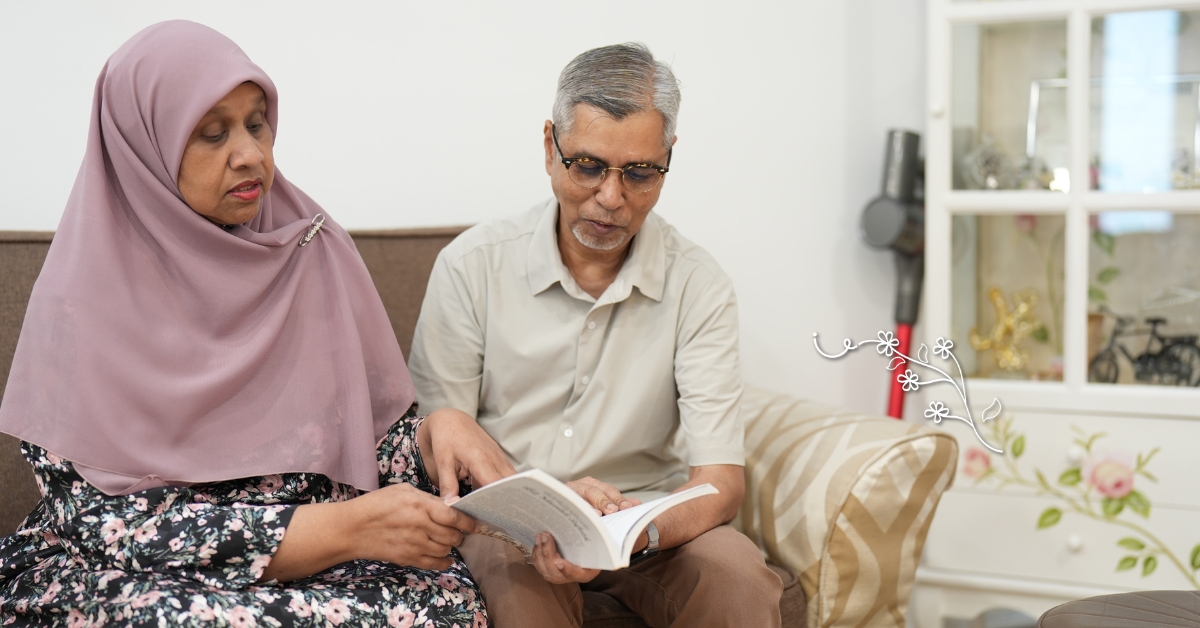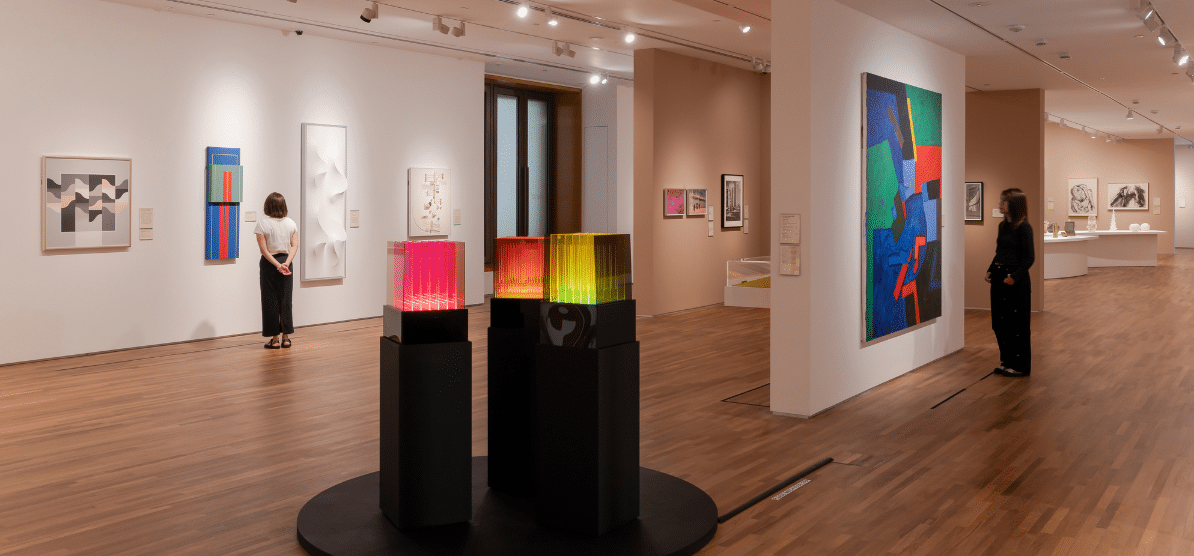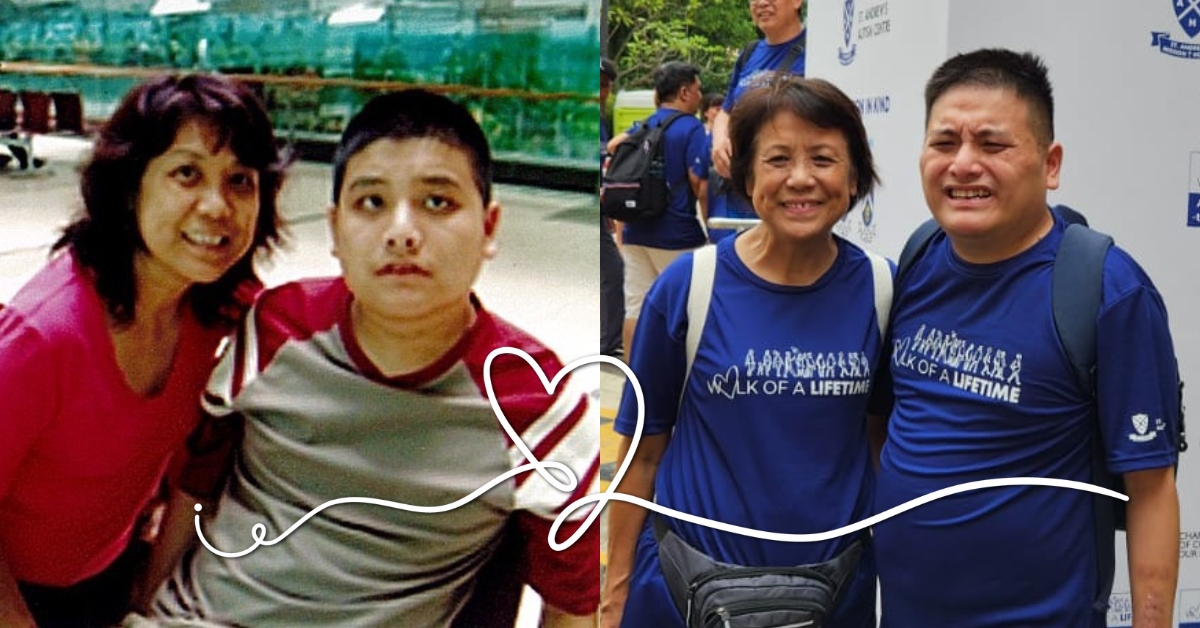
At 71, Susie Lim’s days are anything but restful. Though retired from her role as a company director, she rises each morning with purpose — to care for her 32-year-old son, Zhao Xiong, her autistic adult child who requires substantial support in nearly every aspect of daily life.
For Susie, motherhood hasn’t become easier with the passage of time. In many ways, her role has only deepened.
As long as he's living a happy, meaningful, and dignified life, that’s good. What more can you expect?
she asks.
Zhao Xiong, who is diagnosed with level three autism, has been attending St. Andrew’s Autism Centre (SAAC) for over a decade, and it is clear how deeply embedded the institution — and the routines around it — are in their lives.
While Susie’s elder daughters have grown up and married, Zhao Xiong remains dependent on her. Yet to Susie, he is not a burden but a child she has poured her life into, fiercely and tenderly.
Advertisement
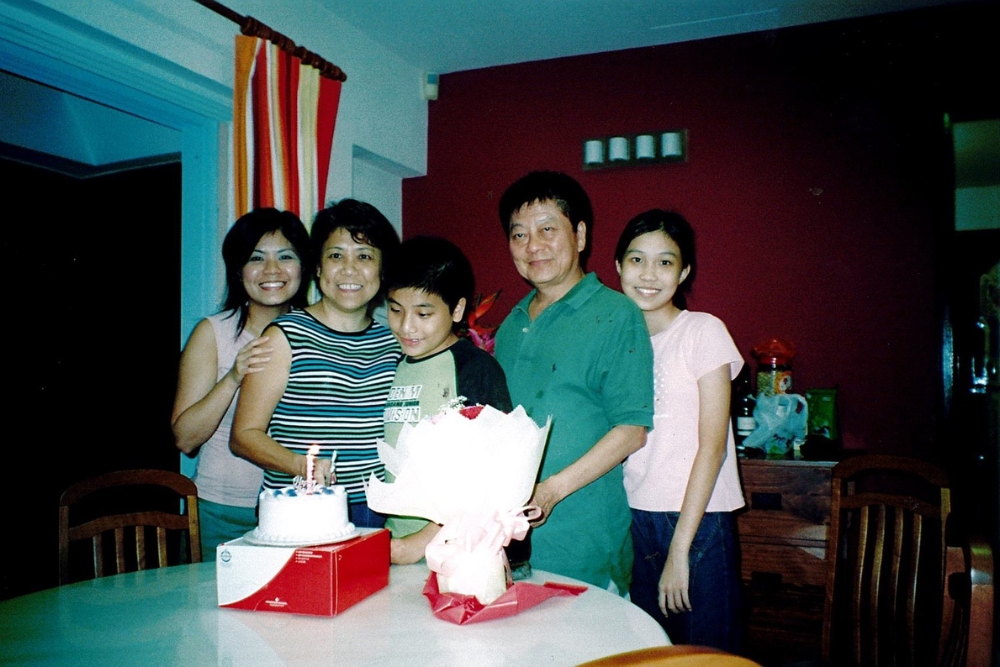
Credit: Susie Lim
Raised by “five women” — his mother, two sisters, and two domestic helpers — Zhao Xiong developed a gentle, almost courtly manner.
He’s very gentlemanly,
Susie recalls, sharing a story of him insisting a teacher leave the room before he did, even pulling her hand gently when she lingered.
She was so touched,
Susie says.
"She kept saying, Zhao Xiong is so sweet, so sweet!’ That’s him."
He’s also affectionate.
Mummy, I love you.
When Susie occasionally loses her patience, he knows what to say:
His sister taught him that line — for tactical use. It works every time.
Finding support for autism after diagnosis
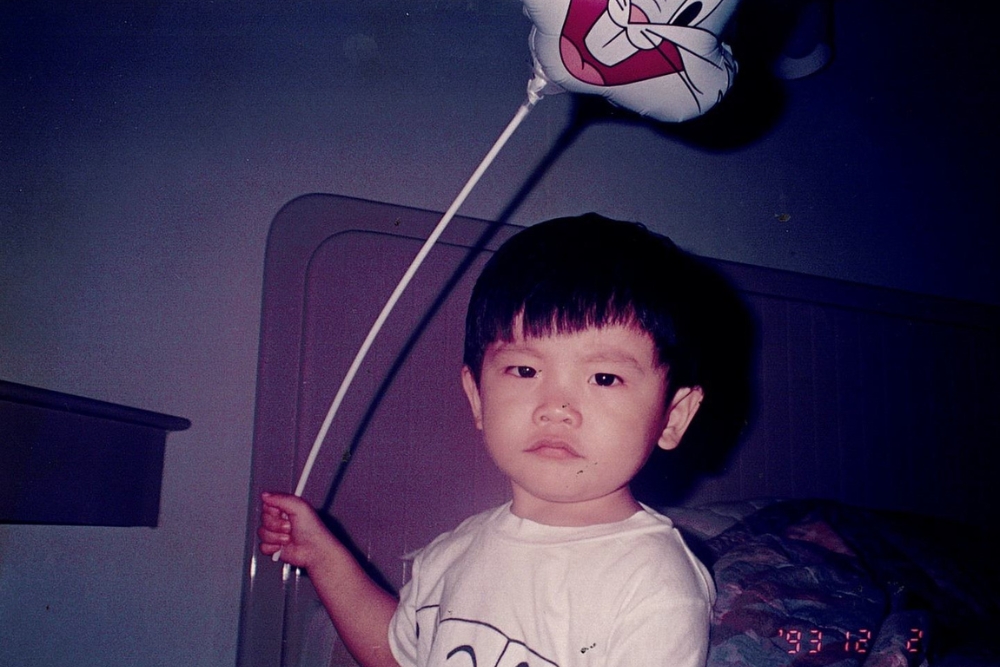
Credit: Susie Lim
Zhao Xiong’s diagnosis came at age three, following concerns from a GP and a paediatrician whose own son had autism. The early years were filled with frustration, as Susie juggled her career in freight forwarding while hunting down services and support that were scarce and poorly understood at the time.
Nobody knew about autism then. It was very, very difficult,
she recalls.
After enduring long waitlists and trialling multiple schools, she finally secured him a place at MINDS, followed by SAAC when it opened. Zhao Xiong was a pioneer enrollee.
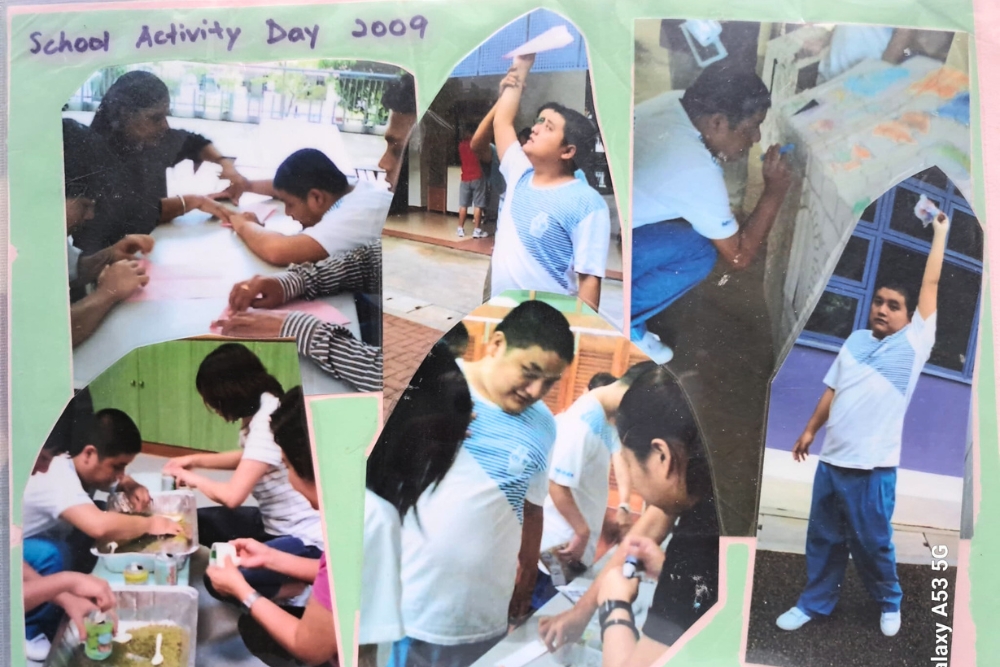
Credit: Susie Lim
Throughout, Susie’s approach was relentless. She experimented with every intervention she could find — speech therapy, occupational therapy, Chinese acupuncture, neurofeedback, and even the Son-Rise Program, which reframed her understanding of engagement and acceptance.
Every programme gives me hope,
she says.
A mother’s sacrifice
Susie is honest about what she has given up.
Very much,
she says.
"I don't know when was the last time I watched a movie."
With Zhao Xiong always her priority, social life and even church were luxuries.
"Sometimes we would go, makan, then zhao liao (eat, then leave)."
Her second daughter, now living in Australia with her own young family, often urges Susie to take a break.
Mummy, come here,
she says.
"I'll help to look after didi (younger brother)."
But Susie rarely slows down.
Even now, she handles everything — from Zhao Xiong’s appointments to daily care — by herself. She is meticulous, with a house full of neatly labelled files detailing Zhao Xiong’s education, therapies, and medical history.
Planning for the future for her autistic adult child
But time, Susie knows, is finite. Long before the term “future planning” became commonplace, Susie was diligently laying the groundwork for Zhao Xiong’s long-term care.
At 60, she began preparing for the day she would no longer be around. She drew up her will, created a Lasting Power of Attorney, and completed legal processes to appoint her daughters as Zhao Xiong’s deputies — giving them authority to make decisions on his behalf under court supervision.
"I knew I had to plan. I want him to be settled before I go."
Now, she is preparing to place him in the St. Andrew’s Adult Home in Sengkang once he graduates from SAAC.
I don't know how much longer I will live. If I have 10 more years, at least he will have time to get used to it,
she says.
The move is practical — and deeply emotional.
Despite the distance, Zhao Xiong’s second sister continues to dream that one day her brother will live with her in Australia.
She has so much hope for her brother, even more than his mother,
Susie says with a wistful smile.
A full life, A quiet strength
Zhao Xiong’s days are structured and full. On weekdays, he attends the day activity centre. Saturdays are for swimming. Sundays are for church and dinner with family. Mother and son travel often — church camps, holidays to Da Nang, Bali, and Phuket. He navigates airports with confidence, and knows how to ask flight attendants for orange juice.
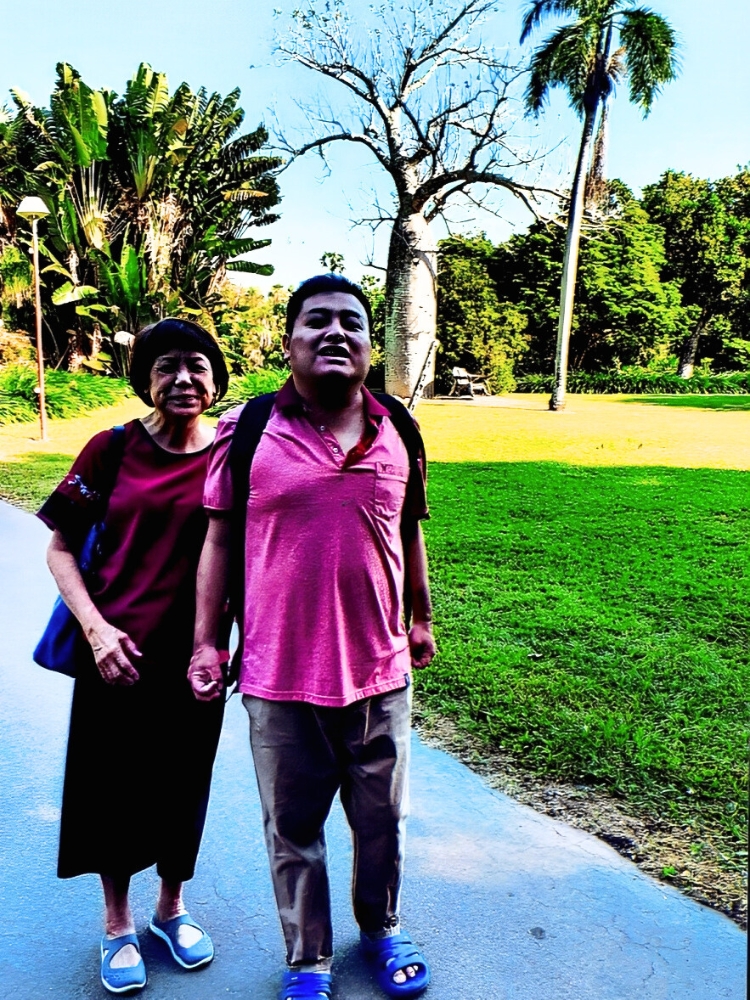
Credit: Susie Lim
I don't know where to hide my face sometimes,
Susie laughs.
"But I’ve learned—just tell people that he has autism. There is help out there."
While others may see a life of endless caregiving, Susie sees joy in the small victories. A new phrase from Zhao Xiong. A holiday trip completed smoothly. The love of her daughters. The loyalty of a helper who stayed for 20 years.
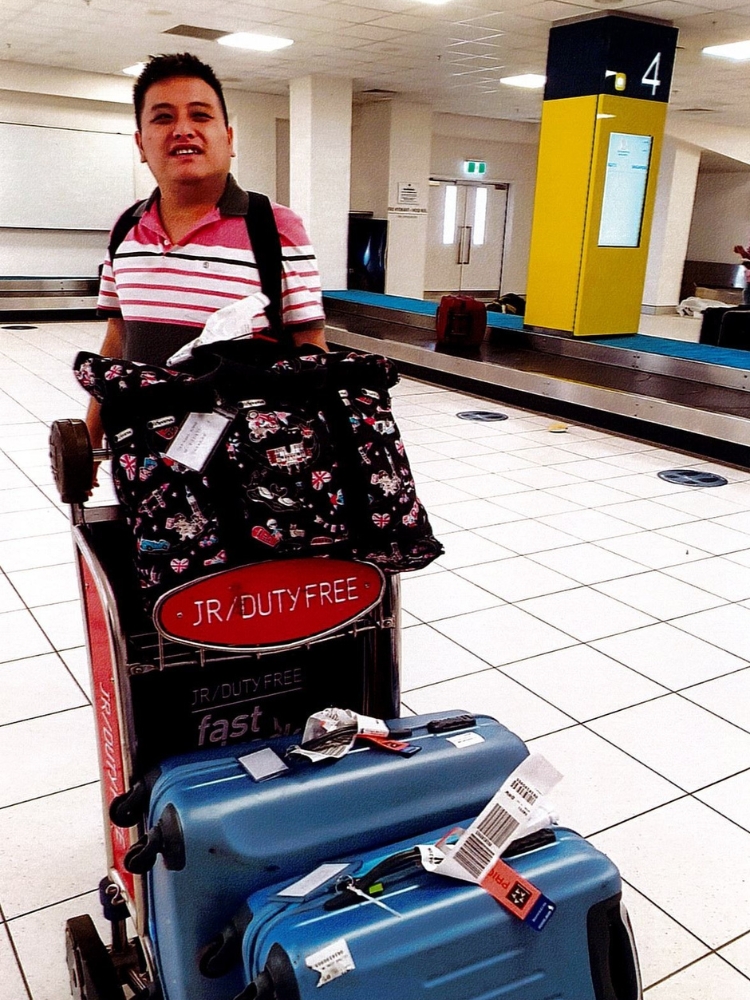
Credit: Susie Lim
“I don’t have a lot,” she says, “but all my savings are planned for Zhao Xiong.”
“Just Be Happy”
Through everything, Susie leans on her Christian faith. There were years she questioned why a miracle never came. But she now sees her journey not as an absence of miracles, but a quiet accumulation of grace and provision.
Our life on Earth is temporal,
she says.
"When God calls me, I got to go. But while I'm here, I just want to enjoy, you know? Just be happy."
In Susie Lim, we find not just a story of maternal devotion, but one of quiet resilience, clarity of purpose, and the courage to plan for love beyond a lifetime.
The Life After Death Playbook for parents of children with autism
If you’re a caregiver of a family member with special needs, you would have likely asked yourself: What will happen to my family when I’m no longer around?
That’s the question at the heart of the Life After Death Playbook, a new resource designed to help families take charge of the future of their autistic family member.
Conceptualised by Denise Phua, mayor of the Central Singapore District, who has a son with autism, the playbook is a practical guide that encourages caregivers of people with autism to plan ahead with clarity and confidence.
This playbook is created to move parents and caregivers from a place of fear to a place of hope; to empower and encourage them to start planning and take action,
says Mayor Phua, who is also the President of Autism Resource Centre (Singapore) and Chairman of Autism Association (Singapore).
The playbook was developed by Dr Sim Zi Lin, psychologist and programme director at Autism Resource Centre (Singapore), in consultation with legal and financial experts. It has already been piloted with over 20 families.
Clearly written and easy to use, the online playbook (slated for full launch by end 2025) will also feature downloadable templates for families to organise their plans.
In addition, Autism Resource Centre (Singapore) will conduct guided workshops to support caregivers in working through the playbook later this year.
Caregivers interested in learning more or participating in the workshops can visit www.autism.org.sg to register their interest and receive updates ahead of the full release.


